Though a previous article mentioned that a book is only as good as its ending, you first need to learn how to write an opening line. Therefore, a book’s opening line holds a unique power – it has the potential to hook your readers, set your story’s tone, and leave an impression that carries the reader forward through your narrative. Crafting a great opening line is an art that requires a delicate blend of creativity, intrigue, and a deep understanding of your story’s essence. So let’s take a look at the intricacies of writing a compelling opening line that both entices and informs readers from the very first word.
How to Write an Opening Line: Determine the Purpose
The opening line is a doorway to your story, inviting readers to step over the threshold and into the world of your creation. It should provoke curiosity, establish a connection, create a sense of anticipation, or any combination of these. Consider, of course, the genre, tone, and theme of your book, as these elements will shape your opening line’s style and content. Finally, ask yourself some questions: Do you want to establish curiosity? Arouse a particular emotional reaction, like fear or pity? Or should your opening shock the reader to attention? Maybe you want to draw them in with a beautiful description of your setting. Once you determine the purpose of your opening line, it will be much easier to compose something captivating.
Spark Intrigue and Curiosity
One of the most effective ways to capture readers’ attention is by infusing the opening with intrigue and curiosity. Pose questions, present enigmatic scenarios, introduce a mystery that demands investigation. The element of the unknown can be a powerful tool to draw readers into your narrative. After all, there is scarcely anything more irresistible than an unresolved question, so if you start with just the right query your readers will have no place to go but forward.
Set the Tone
From a more pragmatic perspective, your opening line sets the tone for your entire book. Whether it’s a whimsical fantasy, a gritty thriller, or a tender romance, ensure that your opening line aligns with the mood and atmosphere you want to convey. If you express atmosphere at the very beginning of your story, your readers will carry it forward through the ensuing chapters, and it will color their expectations and impressions of your story. So carefully consider the emotional resonance you aim to evoke and tailor your language and style accordingly.
Finesse Your Language
Composing a memorable opening line often involves manipulating language to maximize impact. Experiment with word choice, sentence structure, rhythm — anything to make your prose stand out. A well-crafted sentence will linger long in readers’ minds, leaving them eager to unwrap the layers of your story. Strike a balance between eloquence and simplicity, aiming for clarity with a touch of poetic allure. This balancing act isn’t an easy one; luckily, you have your whole book to work on it.
Showcase Conflict or Contradiction
Try introducing an element of conflict or contradiction in your opening line to pique interest. This can be a dilemma, a paradox, or a situation that defies expectations. By presenting a narrative tension from the outset, you invite readers to explore the complexities that lie within your story.
Write an Opening Line by Connecting with Themes
If your book explores specific themes or motifs, consider incorporating them into your opening line. This connection provides a thematic anchor, offering readers a glimpse into the underlying currents of your narrative. Whether it’s love, loss, resilience, or discovery, infusing thematic elements early on establishes a narrative thread that resonates throughout the book.
Revise and Refine
Writing a great opening line is an iterative process. Don’t hesitate to revise and refine your initial attempts. Seek feedback from beta readers or writing peers to gauge the impact of different versions. Aim for brevity without sacrificing substance, and let each revision bring you closer to a compelling opening line. Most of all, don’t worry — in all likelihood, you won’t settle upon a solid opener until after your story is otherwise complete.
How to Write an Opening Line: Famous Examples
“It was the best of times, it was the worst of times.” – Charles Dickens, A Tale of Two Cities
This line, as well as the similarly structured clauses that follow it, immediately introduces a seemingly paradoxical contradiction. While not explicitly stated, this contradiction implicitly hints at the socioeconomic conflict that Dickens will gradually unfurl throughout the rest of his classic 1859 novel.
“Call me Ishmael.” – Herman Melville, Moby-Dick
Moby-Dick’s opening line is a classic exercise in brevity. With only three words, Melville manages to convey a wealth of information. The ambiguity of the narrator’s name adds a hint of mystery right out of the gate. Moreover, contemporary readers would have immediately picked up on the Biblical symbolism of the name “Ishmael” — a man of illegitimate birth rejected by his family and sent off into the wilderness to live apart from society. With this brief sentence, we already know our protagonist is something of a wanderer, perhaps prone to (or even destined for) undue suffering. Therefore, we can expect his story to unfold at an equally tragic scope.
“In my younger and more vulnerable years, my father gave me some advice that I’ve been turning over in my mind ever since. ‘Whenever you feel like criticizing any one,’ he told me, ‘just remember that all the people in this world haven’t had the advantages that you’ve had.’” – F. Scott Fitzgerald, The Great Gatsby
While this is technically two sentences, these lines nonetheless speak volumes about the pages to come. Notice that our narrator isn’t necessarily agreeing with his father’s advice — he’s merely considering it, and we can deduce that the story he’s about to tell has brought it to the forefront of his mind. The father’s advice speaks of privilege, and perhaps of material wealth. We should reserve judgment, he advises, on other people — after all, not everyone has enjoyed the same privileges that we have. But is the inverse true as well? The Great Gatsby follows characters far wealthier and more fortunate than our narrator — how shall we judge them?
“Many years later, as he faced the firing squad, Colonel Aureliano Buendía was to remember that distant afternoon when his father took him to discover ice.” – Gabriel García Márquez, One Hundred Years of Solitude
This line, on the other hand, can almost literally be described as an opening salvo. Not only does Márquez reveal that Buendía will not survive the novel, he will moreover be killed by firing squad. This violent guarantee arrests the reader’s attention immediately and colors the rest of the text. While Márquez’s labyrinthine novel describes far, far more than the life of the Colonel, the end is built into the beginning, leaving the readers to wonder how they will arrive at that bloody destination.
“When he woke in the woods in the dark and cold of the night he’d reach out to touch the child sleeping beside him.” – Cormac McCarthy, The Road
This example, meanwhile, simply and elegantly arouses curiosity in the reader. In one sentence we are already alerted that this is a world with neither comfort nor certainty, and immediately we want to know more. Something has clearly gone catastrophically wrong — why else are this man and child sleeping in the cold woods, seemingly without shelter? And what lurking danger causes the man to make sure that the child is still with him? The Road is perhaps one of the bleakest bestsellers of the mid-2000s, and this opening line establishes its oppressive atmosphere perfectly.
Crafting a great opening line requires finesse, creativity, and a deep connection to your story’s core essence. Embrace the art of crafting captivating beginnings, and let your opening line be the spark that ignites the reader’s journey into your literary world.
At Presto Page, we’re here to support you every step of the way. Whether you need assistance with self-publishing, design services, or any other aspect of self-publishing, we’re your partners in success. Contact us today to see what we can do for you!

